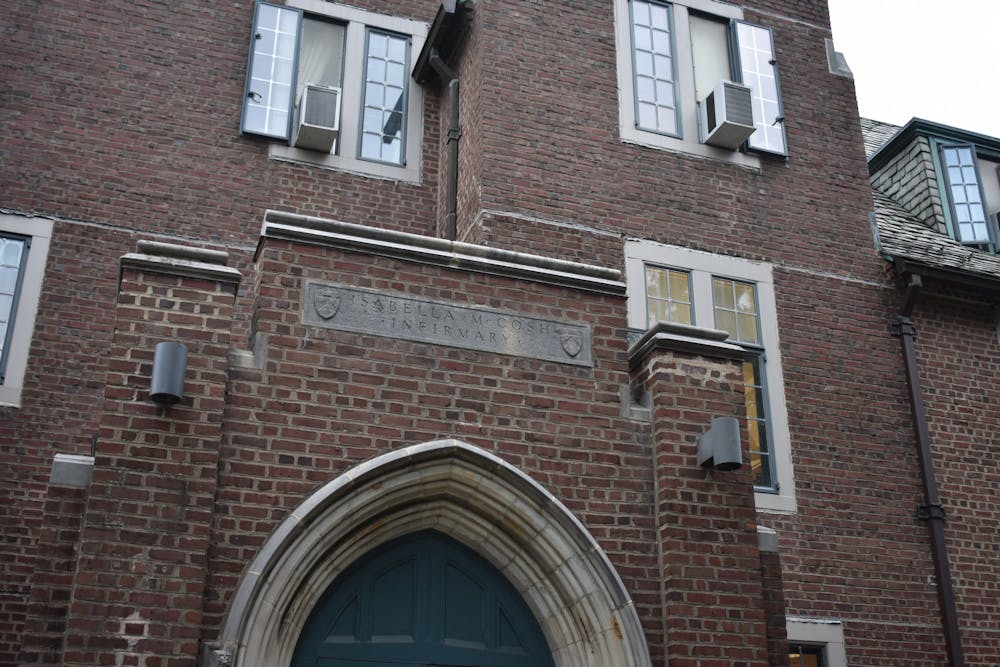Due to the University’s recent expansion of its transfer program, veteran student enrollment will likely rise in the next several years. Veterans may have unique mental health needs, and the University is planning new hires.
Victor Schwartz, former Chief Medical Officer at the Jed Foundation, a nonprofit that focuses on a higher rate of mental health and suicide prevention, said in an interview with the ‘Prince’ that “services in local communities have eroded to some extent” for veterans, and that “more and more the schools are faced with providing services for them.”
Currently, the Emma Bloomberg Center for Access and Opportunity provides support to veterans and other transfer students on campus. There has been a specific focus on integrating student veterans into the Princeton community. The center helps students enter into the summer academic curriculum and pre-orientation program to “allow veterans and their families to get settled on campus early and connect with support resources,” Keith Shaw, the Director of Transfer, Veteran, and Non-Traditional Student Programs noted. He added that the center works “with the Princeton Student Veterans undergraduate group on co-curricular and social programming to help veterans find community at Princeton.”
For mental health, veterans rely on Counseling and Psychological Services (CPS). Calvin R. Chin, Director of CPSat Princeton, commented that all clinicians are carefully “credentialed and vetted” before hiring. “Our clinicians have a range of clinical expertise, including specific expertise in assisting students who have experienced trauma as well as assisting non-traditional students.”
Historically, veterans have sought care through the Department of Veterans Affairs (VA), but “those services haven’t kept up with demand,” Schwartz noted, as the number of students being seen by sources outside of the universities and colleges has “continued to go up consistently.”
Justin T. Bronfeld, the University Deputy Registrar of Princeton, coordinates enrollment for veterans and serves as their liaison to the VA.
While there is currently no University coordinator focused specifically on veteran mental health, Shaw said that the center is in the process of hiring personnel before next fall.
Shaw provided further detail about the role of the incoming personnel. “While that hire will not serve a clinical role, it is intended to be an important source of mentorship and support, which we hope will contribute to veteran wellness on campus,” he said.

Schwartz noted that the University’s focus on social integration may be equally important.
Andrew Olivieri GS, current president of the Princeton Graduate Student Veterans Organization, told the ‘Prince’ that he personally hasn’t “used the resources here at Princeton for mental health support.”
“[Veterans] may feel disconnected socially from their context,” Schwartz said, speaking about the needs mental health services must meet for veterans.
“So not just providing mental health care, but providing social services and a social safety net effectively, and recognizing that they have unique concerns and unique needs and may not feel like they fit in, is really important,” Schwartz added.

Simone Kirkevold is a news contributor for the ‘Prince.’
Please send any corrections to corrections[at]dailyprincetonian.com.








